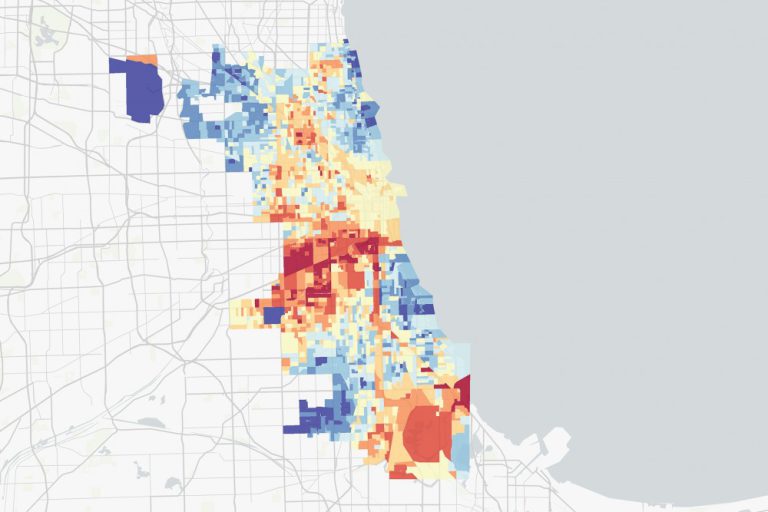
We should be able to take in fresh air without being polluted. While it’s true that days of dense smog rendering it difficult to distinguish between mountains in the background and nearby buildings, or even to distinguish between two buildings a few blocks apart, are mostly behind us. However, individuals all around the United States continue to breathe polluted air on a regular basis, increasing their risk of premature mortality and triggering asthma and other bad health impacts.
According to our findings, the air quality in your neighbourhood is probably not quite as pure as you might imagine. And over 100 days of poor air quality were experienced by more than 108 million people in the United States. Ground-level ozone (the primary component of smog) and particulate pollution levels were above the level defined by the Environmental Protection Agency to pose “little to no harm” for more than 3 months out of the year, according to the EPA. These citizens of the United States dwell in 89 large and minor urban areas as well as 12 rural counties. Millions more people in the United States are exposed to harmful air pollution levels, but they do so on a less frequent basis.
Annually, millions of Americans suffer serious health effects associated with air pollution, while tens of thousands of people have their lives cut short as a result.
• Particulate matter by sources such as automobiles or power plants was expected to be responsible for 107,000 early deaths in the United States in 2011 according to government estimates.
In addition to respiratory illnesses, heart attacks, strokes, and cancer, air pollution has been related to mental health issues as well as other health concerns. New health consequences are being discovered by researchers all the time. Prenatal exposure to air pollution, such as fine particles (PM2.5) and ozone, has been shown to be connected with an increased risk of low birth weight, which was before birth, and stillbirth. It has been shown that long-term exposure to fine particulate pollution increases the risk of Alzheimer’s disease and other kinds of dementia in older persons.
• The impacts of air pollution are most noticeable in vulnerable populations, such as children, pregnant women, and the elderly. • It has been discovered through research that children who are exposed to particle pollution may suffer severe lung development problems as well as long-term damage to their lung function.

• Exposure to air pollution levels which meet current national air quality regulations can be hazardous to one’s health, particularly if the exposure is protracted. Researchers have discovered detrimental health effects, such as an increase in early deaths, among persons who are subjected to pollutants at level that the Environmental Protection Agency (EPA) considers “good” or “moderate.” 5 The current government guidelines are less stringent than the World Health Organization’s recommendations for safe drinking water. 6 Furthermore, the Environmental Protection Agency (EPA) warns that those who are highly sensitive to chemicals may have health consequences even at “moderate” levels. As a result, the study in this report contains air pollution well above level designated as “moderate” by the Environmental Protection Agency (EPA), which corresponds to a rating of yellow or higher on the EPA’s Air Quality Index.
The Effects Of Global Warming Will Exacerbate Air Pollution
The Fourth Panel On Climate change of the United States World Climate Research Program cautions that unless the country takes steps to enhance air quality, “climate change will increase existing air pollution levels.” Because of the exacerbated air pollution, the incidence of unfavourable cardiovascular and respiratory health impacts, including premature death, will increase.”



